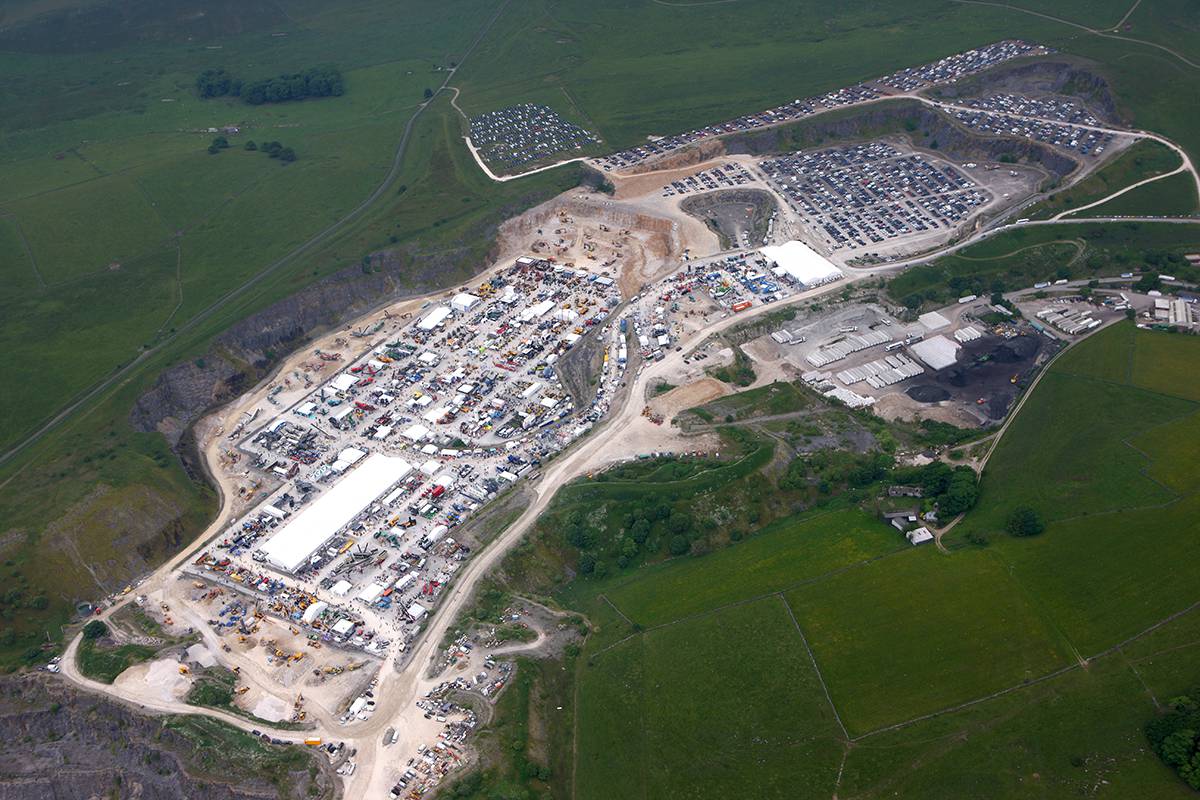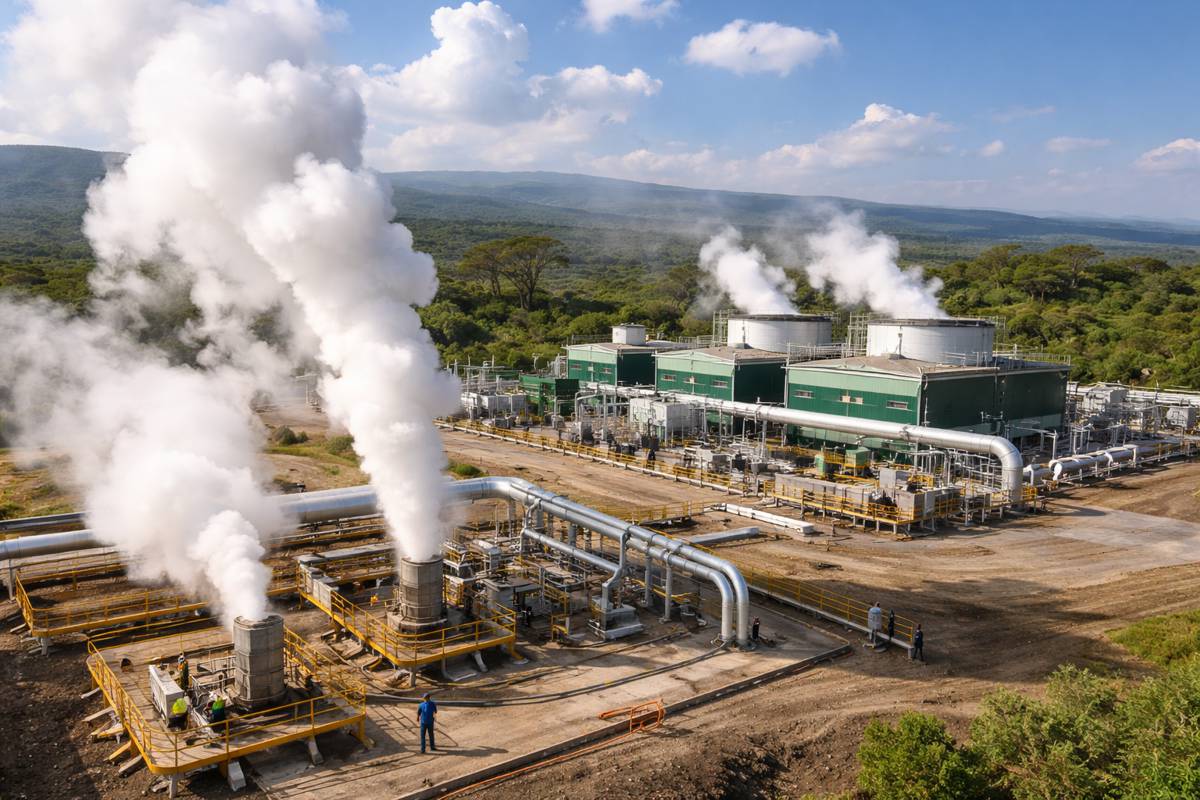Africa’s Mineral Shift Toward Economic Independence
Africa, a continent endowed with abundant resources like diamonds, cobalt, uranium, platinum, and gold, holds some of the world’s largest mineral reserves.
Yet, for decades, African nations have largely exported these minerals in their raw, unprocessed forms, generating less revenue and missing out on the potential for domestic job creation. Now, several African countries are moving to ban the export of unprocessed minerals, aiming to drive industrial development, decrease reliance on foreign aid, and gain more control over their resources.
This shift has sparked optimism and debate across the continent and globally. Advocates argue that by keeping mineral processing local, African economies could be better positioned to support clean energy initiatives and reduce poverty. However, others remain cautious, pointing to potential challenges like limited infrastructure and investment capacity.
A New Strategy for Economic Growth
African governments are turning to local mineral processing as a path to greater economic independence and sustainability. By banning the export of raw minerals, they hope to:
- Increase revenue from value-added exports
- Foster job creation through local processing industries
- Minimise dependency on international aid and loans
In this vein, countries such as Uganda, Tanzania, Zambia, Ghana, and Madagascar have recently implemented restrictions on raw mineral exports. In Uganda, for example, the export of non-refined gold has been banned as part of a broader national push towards economic self-reliance.
Since implementing the ban, Uganda has established seven gold refineries, with investors showing increased interest in the country’s emerging refining sector.
Key Players Embracing Mineral Export Bans
A number of African nations have followed Uganda’s lead, implementing policies aimed at fostering local mineral processing.
Notable examples include:
- DR Congo: Though a leading producer of cobalt and copper, DR Congo initially imposed a ban on raw mineral exports but lifted it in 2020, citing insufficient local infrastructure to support processing.
- Tanzania: The country imposed a similar ban but later reversed it for similar reasons. However, the government is reportedly still exploring ways to enhance its mineral processing capacity.
Despite setbacks, Uganda’s success with gold refining shows promise for other African countries with similar resources. Refined gold now ranks as Uganda’s top export product, surpassing coffee, which historically held that position.
Challenges and Constraints
While these policies represent a shift toward self-sufficiency, implementing local mineral processing is not without obstacles. Building a robust processing industry requires substantial infrastructure—energy, roads, railways, and ports—alongside financial and technical capabilities. Many African nations struggle with these necessities, making full-scale local processing challenging to achieve in the near term.
For instance, while DR Congo and Tanzania initially imposed export bans, both had to retract them due to infrastructure deficits and the difficulty of attracting investors who could help develop processing facilities on a large scale. However, these examples have sparked crucial conversations about what’s needed to make mineral processing a reality across Africa.
Paul Bagabo, an economist with the Natural Resource Governance Institute, echoes this sentiment, observing that while the move toward local processing is promising: “we still have challenges of low capacity and technology, and we need to do this in a strategic manner without scaring away investors.” This cautious optimism is shared by many experts who believe that with strategic planning and investment, Africa can develop a sustainable processing industry.
Development Potential
Proponents of the mineral export bans believe that developing local processing industries could yield substantial economic and social benefits. Africa holds unique advantages in the global shift towards clean energy, as the continent possesses essential minerals critical to energy storage, electric vehicles, and renewable energy technologies.
Julius Mukunda, Executive Director at Uganda’s Civil Society Budget Advocacy Group, emphasises the economic potential: “It is obvious that processing our minerals and earning more money from them can reduce our dependence on foreign aid… We can only get out of poverty through trade and trade in value-added products makes it even easier.” Mukunda’s view aligns with the goals of the Africa Mining Vision, which advocates for mineral-based industrialisation as a path to sustainable growth.
Prof. Augustus Nuwagaba, a specialist in African economic transformation, also argues that moving up the value chain could enable African nations to better manage their finances and reduce debt dependency. “Countries are spending a big part of their national resource envelopes on paying debts every year, so if a country can raise more money from its resources, it would borrow less and put its money into development projects and reduce foreign aid,” he notes.
Economic Independence Through Local Refining
The African Development Bank (AfDB) has echoed these calls, advocating for African countries to move beyond their historical roles as raw material suppliers. By fostering local refining and manufacturing, AfDB envisions a continent capable of providing electricity to millions of its people, which remains a significant barrier to widespread development.
In a recent report, the AfDB highlighted how increased mineral processing could support the continent’s sustainable development goals and its Agenda 2063, which aims for Africa to become an integrated and prosperous global player. If African countries invest in refining capacity, they could use revenue from value-added mineral exports to fund infrastructure, healthcare, and education, paving the way for long-term growth and economic stability.
A Strategic Approach
While mineral export bans represent an essential step, it’s clear that additional support and strategic planning are needed. Partnerships with international investors and companies that can bring technology and capital into the region will be crucial. Moreover, countries must ensure their policies are well-aligned with regional and international trade agreements, which can help attract sustainable investment and technology transfer.
To make local processing viable, African nations must build the necessary infrastructure and technical expertise. Governments can also incentivise foreign companies to establish processing plants locally by offering tax breaks, subsidies, or public-private partnerships that reduce the cost burden.
Looking forward, it’s essential that Africa’s approach to mineral processing is not only economically viable but environmentally sustainable. Collaborating with environmental organisations, technology firms, and local communities could ensure that refining practices minimise ecological impact and promote long-term resource management.
A Path to Prosperity
The trend toward local mineral processing could mark a new chapter in Africa’s economic development. Although challenges remain, the potential benefits—job creation, revenue generation, and a reduction in foreign aid dependency—are too significant to ignore. With strategic investments in infrastructure, technology, and sustainable practices, Africa is on the brink of a transformative era that could redefine its role in the global economy.
As Africa moves to unlock the full potential of its natural resources, the world will be watching. By retaining the wealth generated from its vast mineral reserves, the continent stands to benefit not only in terms of economic development but also in achieving sustainable growth that serves its people for generations to come.





























